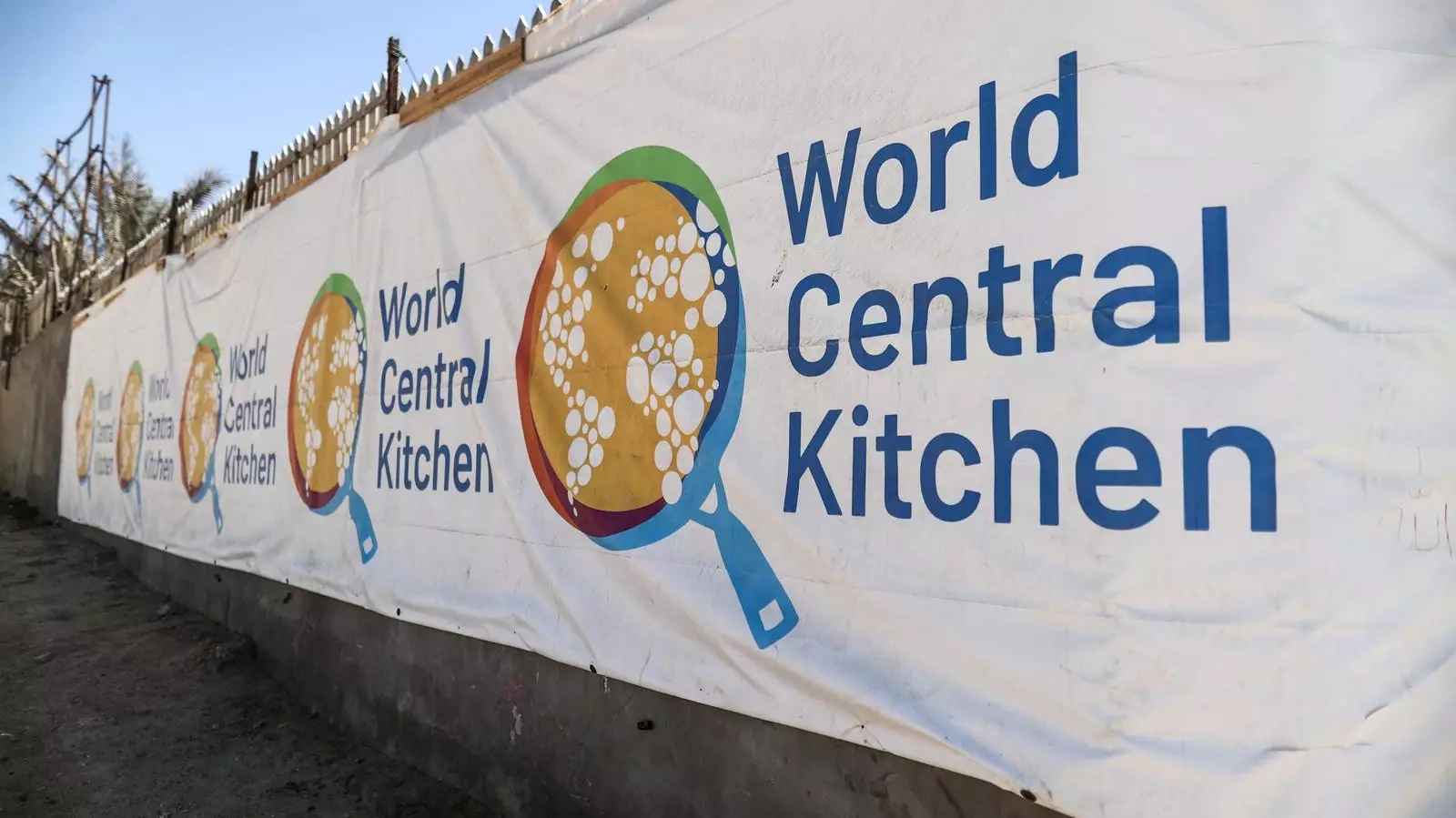The recent killing of seven aid workers from World Central Kitchen in the southern Gazan city of Deir al-Balah has brought to light the harsh reality of the weaponization of food in Palestine. These dedicated individuals were delivering essential supplies such as rice, flour, legumes, and dates to bring a sense of tradition and normalcy to a region facing unimaginable loss.
Unfortunately, this is not the first time that food has been used as a tool of violence in Palestine. The deliberate targeting of food supplies and aid workers has been a recurring issue, leaving millions of Palestinians at risk of starvation and deprivation. The World Central Kitchen’s efforts have been crucial in providing meals to those in need, but the recent attack serves as a stark reminder of the dangers faced by those trying to bring assistance to vulnerable communities.
In the aftermath of this tragic event, World Central Kitchen is urging for an independent commission to thoroughly investigate the killings. The hope is that this shocking loss will not be in vain, and that it will spark meaningful change in the way humanitarian aid is delivered and protected in conflict zones. The global community is watching closely to see how this devastating incident will impact the future of food security in Palestine.
Amidst the darkness of this tragedy, there are glimmers of hope in the form of food culture alliances and grassroots movements working to ensure food security for all. Essential food workers are advocating for policies, such as the Farm Bill, that address the specific needs of their communities. Independently owned grocery stores are also seeing potential relief through recent FTC actions aimed at leveling the industry playing field.
The path towards a more equitable and sustainable food system lies in leveraging food culture as a catalyst for positive change. Initiatives like MìLà, a unique restaurant turned CPG brand, are leading the way in capturing the hearts and palates of diverse audiences through innovative approaches to food. Antitrust scholars like Austin Frerick are also shedding light on the detrimental impacts of food system consolidation and offering solutions to rectify these issues.
The tragic attack on aid workers in Palestine highlights the urgent need for global attention and action on the weaponization of food in conflict zones. It is a stark reminder of the vulnerabilities faced by those on the front lines of humanitarian efforts, and a call to arms for a more just and humane approach to food security for all.

